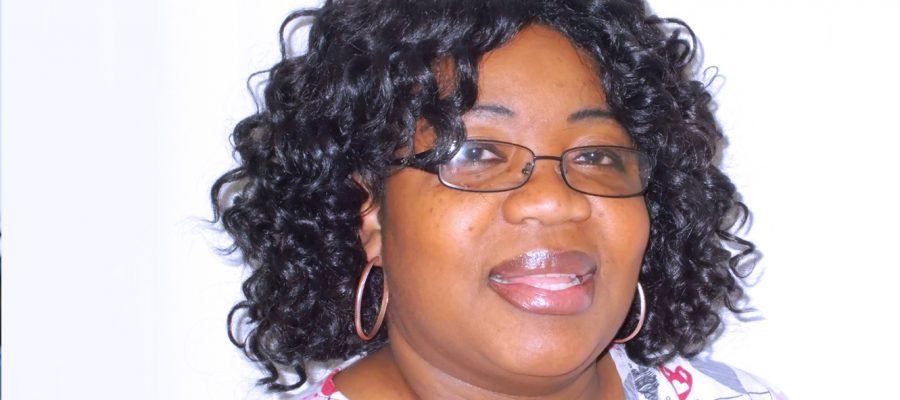As we age, it becomes more and more important to have personal, financial, and legal matters squared away in the unfortunate event that we are rendered temporarily or permanently unable to make decisions or function as we used to. Some examples of matters that warrant attention include repairing broken relationships, ensuring financial solvency, and considering what your wishes are in the event of a health crisis. One of the most powerful tools for competent seniors to use is an advance directive. Let’s learn more!
What is an Advance Directive?
“Advance directive” is a term used to describe legal documents that make provisions for future health care decisions in case a person is rendered incompetent. This incompetency can be the result of a trauma (like a car accident), unforeseen health crisis, or the result of longer term cognitive decline (like Alzheimer’s and dementia diagnoses). Most typically, an advance directive will include instructions about when to withhold or withdraw medical care. There are two common types of advance directives: Living Will and Power of Attorney.
A living will is a signed, witnessed, or notarized document that spells out a person’s desires when it comes to health care decisions, death/funeral arrangements, and more. Many times, they include a provision to withhold certain medical procedures when a terminal diagnosis is given.
A healthcare Power of Attorney is a legal document that grants a specific person (or persons) the authority to make healthcare decisions on your behalf. Obviously this can be a very broad authority, so great care must be taken when selecting who will serve as a POA, and we highly recommend having multiple conversations with a prospective POA in advance of putting pen to paper. Of note, employees of home care or home health agencies should not acquire POA for any Client being serviced.
Why should seniors in home care have an advance directive?
An advance directive is especially important for a few reasons:
- It allows a person to consider what their wishes and desires are, and to communicate them clearly before any changes in legal competence occur.
- Providing guidance and instruction can help to avoid stress and fighting among loved ones and relatives in the event that you cannot make decisions for yourself
- An advance directive is an important tool for competent adults to exercise their rights of informed consent and informed refusal even if they can’t speak for themselves
Is there a specific form for advance directives in the state of Pennsylvania?
Yes, there is! While there are many forms that an advance directive can take, this form is a great place to start: Commonwealth of Pennsylvania Advance Directive Form. Your personal doctor is also a great resource to discuss advance directives with – a doctor can provide additional context and answer medical questions…and you get the added bonus of conveying some of your general wishes and desires!
What if a parent/relative is reluctant to talk about advance directives or end-of-life decisions?
While it can be uncomfortable or awkward for adult children to discuss health issues, death, and other matters with elderly parents or loved ones, it’s a critical conversation to have. But thankfully, not everything needs to get hammered out in one discussion! And, it may be as simple as asking whether a parent has an advance directive, and then pointing them in the right direction to get guidance. More often than not, though, this topic provides a great opportunity to discuss important issues, and what an individual prioritizes or desires when they are rendered incompetent. In addition to discussing health care matters, here are complementary topics:
- Where to live. If an elderly loved one can no longer live unassisted, there are a lot of options to pursue. At Pennsylvania Agency of Nurses, we specialize in providing the absolute best in home care options for families in the Philadelphia area. This article discusses the costs of different types of senior care, including in home care, nursing homes, assisted living facilities, and more.
- Finances. Who is managing financial matters for elderly relatives? Should the family meet with a financial planner? What kind of care is needed versus affordable? Is a power of attorney (for financial purposes…different than a health care power of attorney) appropriate? This is just a sampling of questions that should come up over the course of a few discussions.
I’d like some resources to learn more about Philadelphia in home care!
Would you like to learn more about different types of care, and which services are available to families in the greater Philadelphia area? You’ve come to the right place! Please visit our Services Page, blog, or CALL US at 610-359-1649. We have served families in our area for more than 30 years, and we have considerable resources for caregivers. We are happy to help you in any way we can. Thank you for reading!
{{cta(‘7f7b325d-cc42-44a5-ad34-7f10f0d96c73′,’justifycenter’)}}









